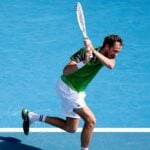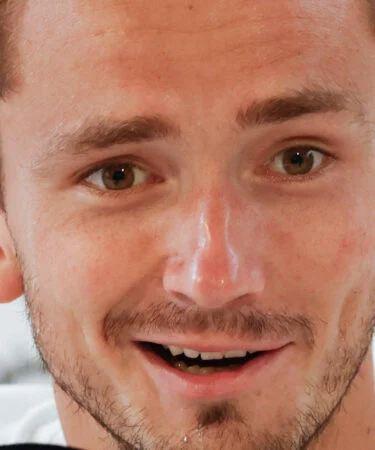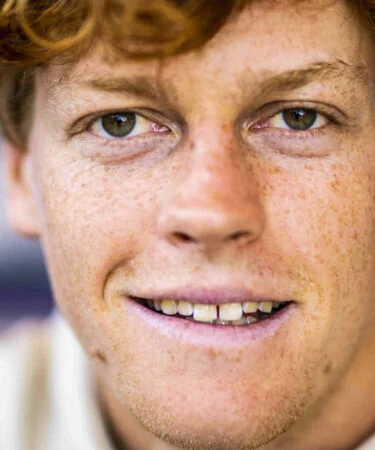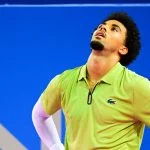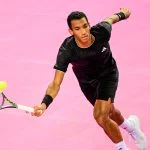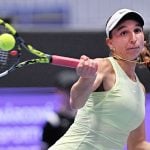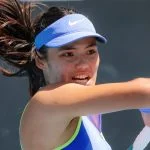Beaten Medvedev hits on a game plan to win more slams
Whether it was through necessity or design, the Russian’s decision to return from closer to the baseline should convince him to be more aggressive, more often
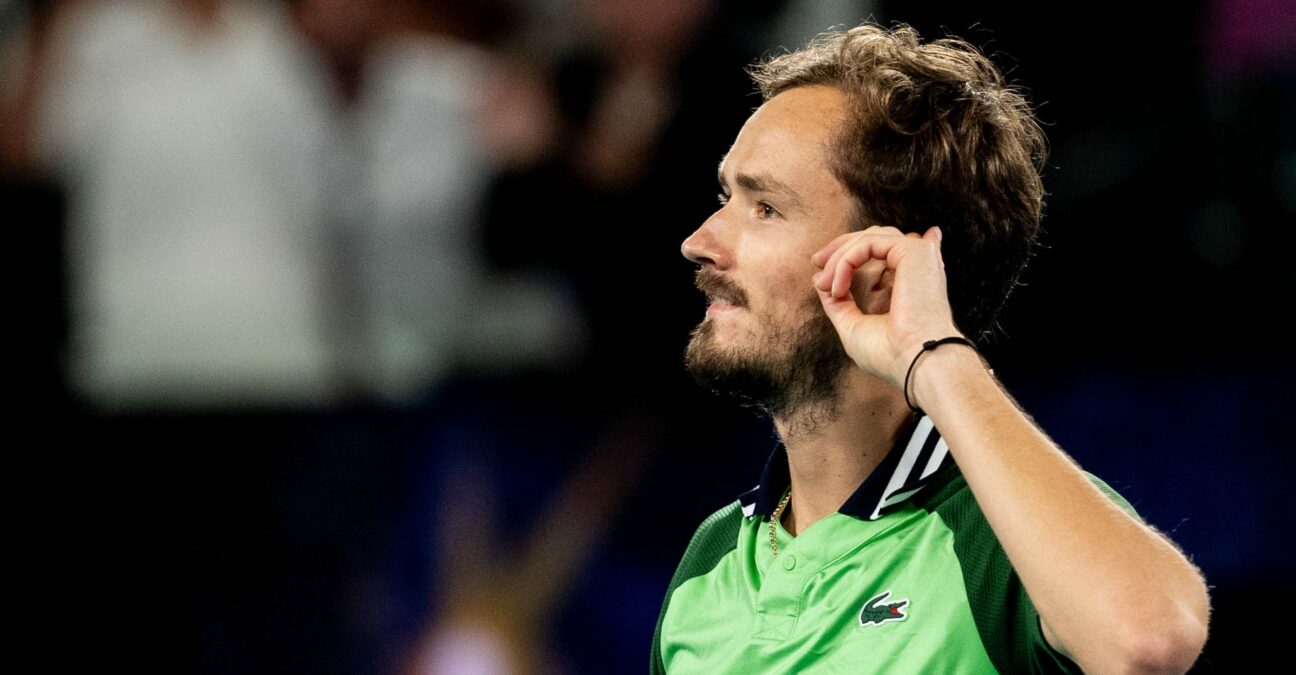 Daniil Medvedev (Virginie Bouyer/Panoramic)
Daniil Medvedev (Virginie Bouyer/Panoramic)
Daniil Medvedev will not need reminding that he has now lost two Australian Open finals from two sets to love, having gone down in five to Jannik Sinner at Melbourne Park on Sunday.
Two years after he let slip a two sets to love lead (and a break in the third) against Rafael Nadal, he found himself on the wrong end of another great comeback win as Sinner won his first slam title and became the first Italian to win the Australian Open.
But when the dust settles, and when he has a chat with his coach, Gilles Cervara, the Russian may realise that he has hit upon something. Having spent much of the tournament defending and returning from way behind the baseline, as he usually does, against Sinner he stood tight to the baseline right from the start and took the battle to him, hitting flat and hard, his depth causing the Italian all sorts of problems, especially in the first two sets.
Sinner was up against it throughout those two sets as Medvedev pushed him back and the mere fact that he was standing so close to the baseline to return through the Italian’s timing off. He was also being pushed back – midway through the second set, his hitting point was 13 percent lower than it had been throughout the tournament.
He was also charging to the net, just as he had done at the end of his match with Hubert Hurkacz. It may well have been through necessity, because of fatigue, since he played 24 hours and 17 minutes in the whole event – more than anyone ever in a slam – but it worked.
Medvedev came into the net 45 times, way more than his average, and won 32 of them, showing good skills. As good as he is from the baseline, as resilient and brilliant as he is in soaking up pressure and extending rallies, for his own good, perhaps this is what we will see more of in the future.
Tennis is always about match-ups and the decision to play much closer to the baseline was a perfect one. His execution was great, too, and he had not dipped ever so slightly at the start of the third, he may well have gone on to win a second slam title.
Instead, he remains on one, now a three-time Australian Open runner-up but the way he played on Sunday – and in particular, the style of play, may well convince him that this is the way to go more often than not.
Certainly it would be good for his longevity. Trying to finish points faster may be riskier but it pays off and who knows, if he’d done it earlier against Alexander Zverev in the semis instead of waiting until set three, he might have won sooner and saved some energy.
Either way, he should be encouraged by another excellent Grand Slam and as he said on court: “It’s probably better to lose in the final than to lose before it.”
If he takes the lessons from this match, and from the tournament as a whole, when he moved forward with great aplomb, then he may well be a Grand Slam winner again before long.





